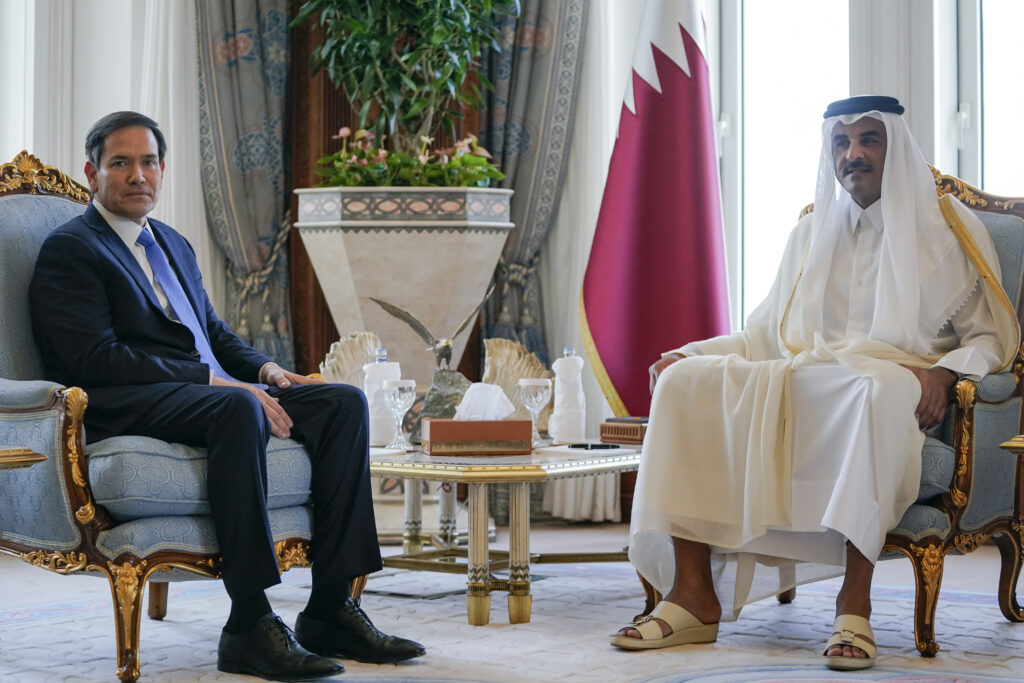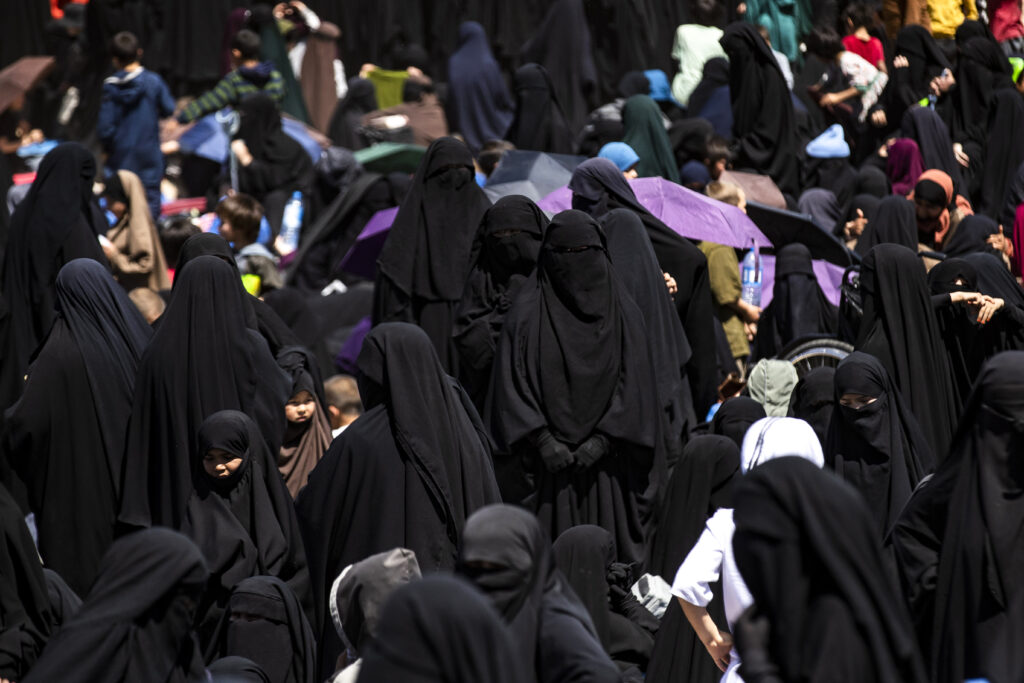AFP Asia Business
Trump extends delay on US TikTok ban until mid-December
US President Donald Trump on Tuesday extended a delay on enforcing a ban against TikTok until December 16, marking the fourth postponement of a law designed to force the app’s sale from its Chinese owner.The announcement, made through an executive order, came despite Trump telling reporters earlier Tuesday that the United States and China had …
Trump extends delay on US TikTok ban until mid-December Read More »
Stocks slip, dollar down as Fed meets on rates
Wall Street stocks ended lower on Tuesday while the dollar slid as the US Federal Reserve began a two-day meeting at which it is expected to cut interest rates.The S&P 500 and Nasdaq Composite rose to fresh record highs as trading got underway in New York, but equities soon slid into the red, with all three …
Rubio vows ‘strong support’ for Qatar after Israel strike
US Secretary of State Marco Rubio pledged strong support for Qatar’s security on a lightning visit on Tuesday, as anger boils in the Gulf ally over last week’s Israeli attack on Hamas negotiators.On a hastily arranged stop in Doha after a visit to Israel, Rubio shook hands with Qatar’s emir, Sheikh Tamim bin Hamad Al Thani, in his office before entering closed door talks that lasted just under an hour. He flew out straight after the meeting.In Israel, he had pledged “unwavering support” even after it angered US allies in the Gulf by targeting Hamas negotiators in Doha.”Secretary Rubio reaffirmed the strong bilateral relationship between the United States and Qatar, and thanked Qatar for its efforts to end the war in Gaza and bring all hostages home,” said State Department spokesman Tommy Pigott.Rubio “reiterated America’s strong support for Qatar’s security and sovereignty,” he added.Rubio had earlier said the United States would work with Qatar to finalise a defence agreement soon despite the Israeli military action.Speaking to reporters on Tuesday, Qatar’s foreign ministry spokesman, Majed al-Ansari said his country appreciated US support for its meditation efforts, adding that “this attack, of course, expedited the need for renewed strategic defence agreements between us and the US”.Rubio had earlier said he would “ask Qatar to continue to do what they’ve done” adding that “if there’s any country in the world that could help end this through a negotiation, it’s Qatar”.But Israel’s launch of its long anticipated ground assault on Gaza City early Tuesday left little scope for any new mediation bid.Rubio’s visit also sought to reassure Qatar after the Israeli strikes undermined security pledges to the Gulf emirate from its key ally.Rubio landed in Qatar a day after an Arab-Islamic summit in Doha condemned Israel for the strikes, with the head of the six-nation Gulf Cooperation Council urging Washington to “use its leverage and influence” to rein in Israel.President Donald Trump told reporters in Washington that Prime Minister Benjamin Netanyahu “won’t be hitting” Qatar again.Rubio made no such comments in Israel.Netanyahu said his government assumes “full responsibility” for the attack on Doha “because we believe that terrorists should not be given a haven”.- Duelling US relationships -Qatar is home to the largest US air base in the Middle East and is the forward base of Central Command, the US military command responsible for the region.The tiny gas-rich emirate is classified by Washington as a major non-NATO ally, and has assiduously courted Trump, gifting him a luxury plane.But few countries are closer to the United States than Israel, which has enjoyed robust support from Washington despite international opprobrium over its military campaign in Gaza.Before the October 2023 attack, Israel and the United States had reportedly quietly encouraged Doha’s role, including its transfer of millions of dollars to Hamas in hopes of maintaining stability in Gaza.In 2012, Qatar agreed to host the Hamas political bureau with US blessing.Both the United States and Israel viewed Qatar, with its close relationship with Washington, as a better place to keep an eye on Hamas.
France repatriates three women, 10 children from Syrian camps
France on Tuesday repatriated three women and 10 children from Syrian prisons for alleged jihadists, anti-terror prosecutors said, in the first such operation in two years.Repatriation is a deeply sensitive issue in France, which has been a target of Islamists over the last decade, notably in 2015, when jihadist gunmen and suicide bombers staged the worst attack on Paris since World War II, killing 130 people.More than five years after the Islamic State group’s territorial defeat in Iraq and Syria, tens of thousands of people are still held in Kurdish-run camps and prisons in northeastern Syria, many with alleged or perceived links to IS.The women repatriated early Tuesday morning are aged between 18 and 34.Two of them have been taken into police custody, while the third faces possible indictment, according to France’s anti-terror unit PNAT.The 10 children were handed over to child care services and will be monitored by the anti-terror unit and local prosecutors, it added.France’s foreign ministry thanked “the Syrian transitional authorities and the local administration in northeastern Syria for making the operation possible”.Since 2019, France has repatriated 179 children and 60 women, according to a diplomatic source.The country halted such operations two years ago.- ‘Immense relief’ – Matthieu Bagard, the head of the Syria unit at Lawyers Without Borders, said that Tuesday’s repatriation showed France “has the capacity to organise such operations”.Marie Dose, a lawyer who represents the repatriated women, hailed the move.”For families who have waited more than six years for the return of their grandchildren, nephews and nieces, this is an immense and indescribable relief,” Dose said in a statement to AFP.But she added that 110 French children remained detained in the Roj camp controlled by Kurdish forces, describing France’s repatriation policy as “arbitrary”.Dose accused France of seeking “to make these children pay for their parents’ choices”.As of June, some 120 children “guilty of nothing” and 50 French women remained in the camps, according to the United Families Collective, which represents their families.In February, the semi-autonomous Kurdish administration in northern Syria said that in coordination with the United Nations, it aimed to empty camps by the end of the year.- International pressure -Several European countries, such as Belgium, Germany and the Netherlands, have recovered many of their citizens from the Syrian camps.International organisations have for years called on France to take back the wives and children of suspected IS fighters held in the camps since the group was ousted from its self-declared “caliphate” in 2019.France has refused blanket repatriation, saying the return of potentially radicalised IS family members would pose security risks in France.In 2022, Europe’s top human rights court condemned France’s refusal to repatriate two French women who were being held in Syria after joining their Islamist partners.The following year, the United Nations Committee Against Torture said that in refusing to repatriate women and minors, France was violating the UN Convention against torture and other cruel, inhuman or degrading treatment or punishment.On Monday, three French women went on trial in Paris, accused of travelling to the Middle East to join IS and taking their eight children with them.One of the women is a niece of Jean-Michel and Fabien Clain, who claimed responsibility on behalf of the IS group for the 2015 attacks in Paris.




